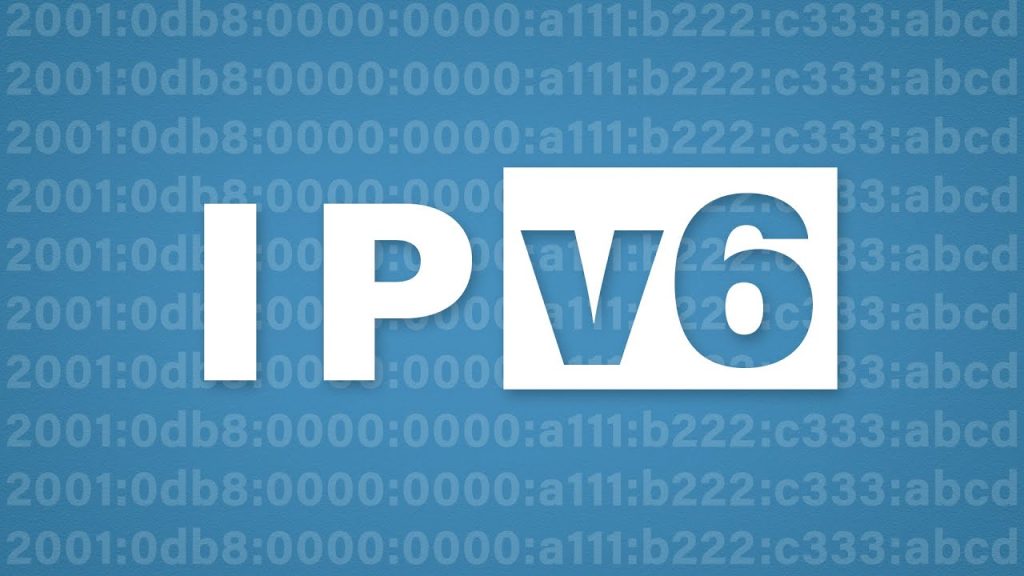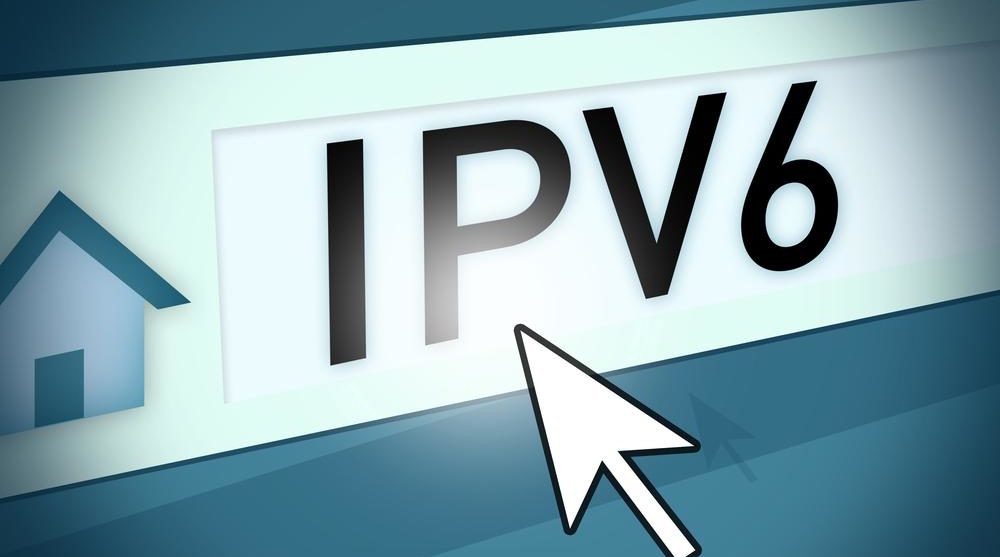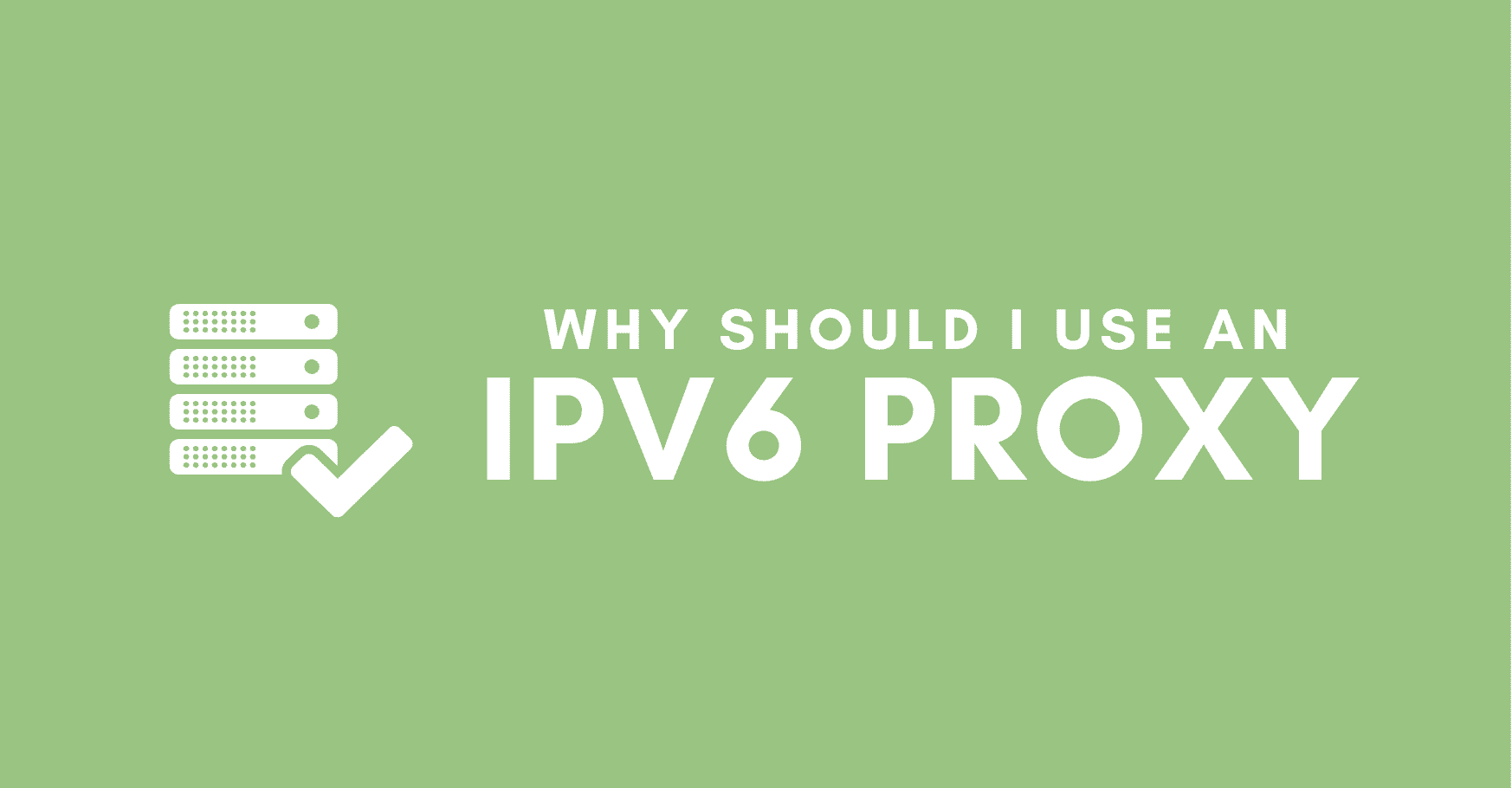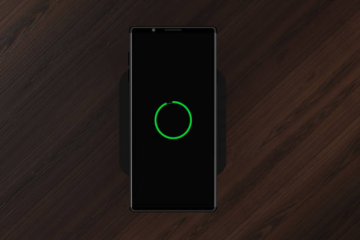Do you want to access content that is not available in your region for some reasons? If yes, then an IPv6 proxy can be a game-changer for you. In this digital age, we rely heavily on the internet to conduct our daily activities. However, accessing certain websites or content can be a challenge due to geographical restrictions or censorship laws. That’s where an IPv6 proxy comes into play.
In this blog post, we will discuss what an IPv6 proxy is and how it can help you bypass these barriers and surf the web without any hassle! So let’s dive in.
Table of Contents
What is an IPv6 Proxy?
An IPv6 proxy is an internet protocol that allows users to connect to the internet through a server that has its own unique IP address. Unlike other types of proxies, IPv6 proxies specifically use the Internet Protocol version 6 (IPv6) standard.
The primary function of an IPv6 proxy is to act as a middleman between your device and the website you want to access. When you send a request for information from a website, it will go through the IPv6 proxy server instead of going directly from your device.

The proxy then retrieves the data on your behalf before sending it back to you. One major advantage of using an IPv6 proxy is enhanced security and privacy. Since all requests are routed through the intermediary server with its own IP address, your personal IP address remains concealed. This makes it difficult for websites or any third parties trying to track your online activity.
In addition, some regions limit access to certain websites or services due to censorship laws or geographical restrictions. An IPv6 proxy can help bypass these barriers by allowing you to appear as if you are accessing content from a different location.
What do IPv6 Proxies do?
IPv6 proxies act as intermediaries between your device and the internet. They allow you to browse the web more securely, anonymously, and efficiently. When using an IPv6 proxy, your online activities are masked by the IP address of the proxy server.
IPv6 proxies work by accepting requests from your device and forwarding them on to a website or service on your behalf. This means that any information sent back from the site is routed through the proxy server before it reaches you. This creates an additional layer of security for your online activity. In addition to providing increased security, IPv6 proxies can also help bypass geo-restrictions on certain websites or services. For example, if you’re trying to access content that’s only available in a specific country or region, connecting through an IPv6 proxy located in that area can help get around those restrictions.

IPv6 proxies offer many benefits when it comes to browsing the internet safely and anonymously while getting around geographical barriers. It’s important to choose a reliable provider with fast connection speeds for optimal performance.
How to Use an IPv6 Proxy?
Using an IPv6 proxy is relatively straightforward, even for those with limited technical knowledge.
- The first step in using an IPv6 proxy is to choose a reputable provider that offers this type of service. Once you have selected your provider, you will need to create an account and purchase a subscription.
- Once you have your subscription, the next step is to configure your device or software to use the IPv6 proxy. This process varies depending on the specific device or software being used but typically involves entering the IP address and port number provided by your proxy provider into the settings.
- It’s important to note that not all applications can be configured to use a proxy server. However, most web browsers offer built-in support for proxies, making it easy to browse the web anonymously through an IPv6 proxy.
- When browsing with an IPv6 Proxy enabled, all traffic from your device will pass through remote servers instead of directly accessing websites itself. This ensures that any site accessed only sees information related to these servers rather than revealing user details such as location and identity.
- Using an IPv6 Proxy can help protect online privacy while also improving online security by masking one’s real IP address from potential cyber threats or attackers.
Conclusion
IPv6 proxies are becoming increasingly important in the online world. With more and more websites moving towards IPv6 addresses, it’s essential to ensure that your internet connection is compatible with this new technology.
By using an IPv6 proxy, you can protect your privacy and security while also accessing content that might be restricted in your region. Whether you’re a business owner looking to expand globally or just someone who wants to enjoy unrestricted internet access, an IPv6 proxy can help you achieve those goals.



